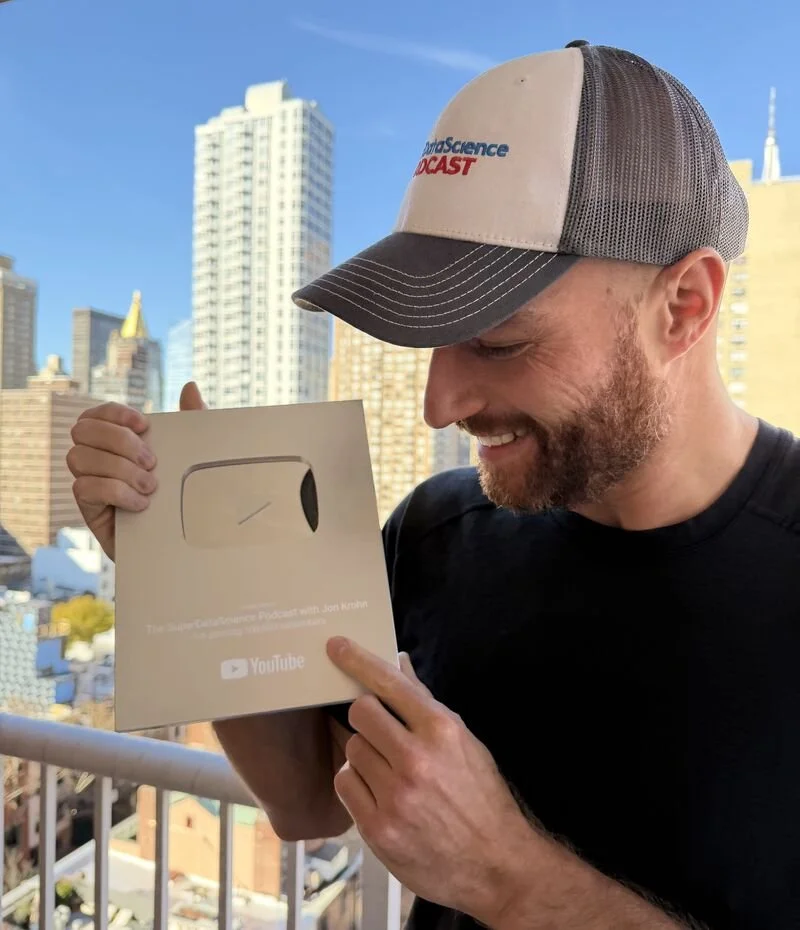Feeling burnt out? Or looking to get promoted? Today’s episode (in time for New Year's resolutions!) with the "Fit Data Scientist" Penelope Lafeuille is packed with fitness and nutrition tips for thriving at work.
Penelope was a burnt-out data scientist who then worked to develop a more balanced body and mind, earning promotions and a job paying over $180k in annual salary. Hear her journey in today's episode as well as her key insights, which include:
Working out every day without proper recovery is overtraining, not stress relief... four structured sessions per week with adequate rest is more effective.
Eating one gram of protein per pound of body weight supports muscle recovery, and concentrating carbs around your workout prevents energy crashes during work hours.
Quality sleep requires more than eight hours in bed, reading instead of scrolling before sleep, and brief walks throughout the day to help your nervous system downregulate.
Writing down everything on your mind before bed tells your brain it can let go until morning... and gives you a ready-made task list when you wake up.
Previously of Citi and Crédit Agricole CIB, Penelope now works as a Senior Data Scientist at Medidata Solutions in San Diego. She holds a graduate degree in engineering from CentraleSupélec and a graduate degree in management science and engineering from Columbia University.
The SuperDataScience podcast is available on all major podcasting platforms, YouTube, and at SuperDataScience.com.


